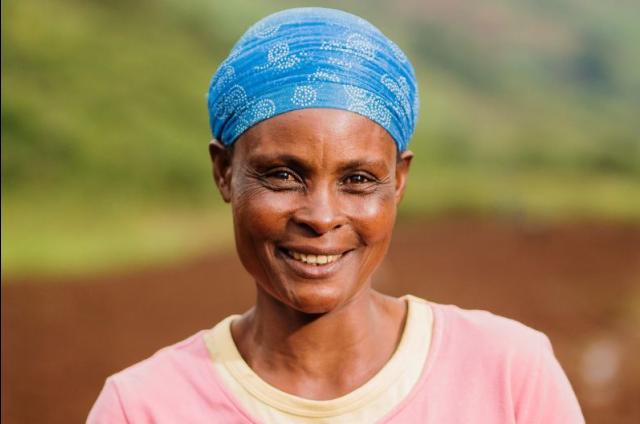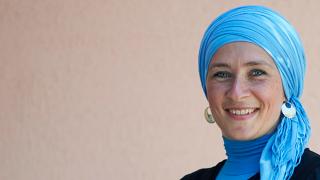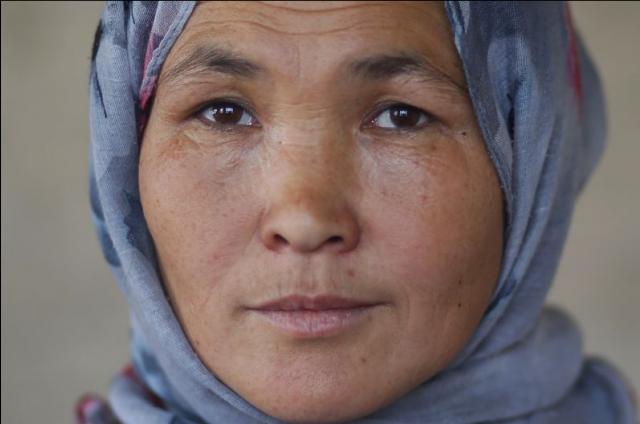Our impact
Average woman in our programme
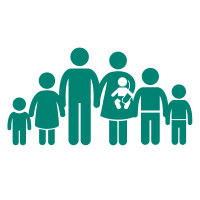
married, mother of four
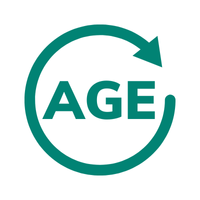
31-40 years old

illiterate
Stronger Women, Stronger Nations programme
Changing the world, one woman at a time
Our programme helps women to build skills, knowledge and resources so that they can forge their own path and achieve long term security and self-reliance.
As each woman participates in our year-long Stronger Women, Stronger Nations programme, she works to strengthen herself across four critical areas of social and economic empowerment. Here are just a few of the many changes a sample of our graduates report seeing in their lives. Data presented below was collected in 2023.
Results show that in just one year, women are able to make significant and measurable improvements in their lives, and deliver lasting impact for their families and communities.
key stats
579,287
women survivors of war reached in 17 conflict-affected countries since 1993
97%
In 2023 women achieved a 97% graduation rate from our one-year Stronger Women, Stronger Nations programme
41%
Globally, the percentage of participants who increased their earnings from baseline to endline in 2023. These figures vary by country and context
Key outcomes
Data shared below was collected in 2023.

Women Earn and save money
Why it matters: Learning how to earn money, receiving a monthly stipend, and setting aside savings gives women the ability to provide for their family's needs and invest in a new future.
What our graduates report: In 2023 the average monthly net earnings increased from $14 (among 63% of women) at baseline to $29 (among 70% of women) at endline.
Food security has also significantly improved with 60% of women reporting having experienced food insecurity in the last month before starting the programme, compared to 37% after graduation.
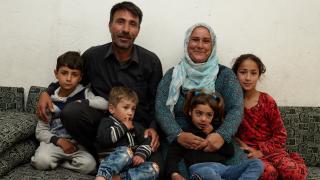
Women Develop Health and Well-being
Why it matters: Basic health education and connecting with local care providers enables women to best protect their and their family's well-being.
What our graduates report: When asked about their knowledge of concepts around healthy practices and overall well-being before the programme, on average women scored as low as 62%. By graduation, women demonstrate improvements in their knowledge with the average score increasing to 70%.
The improvement in women's knowledge of health was highest in Afghanistan, starting with 49% at enrolment and increasing to 77%.
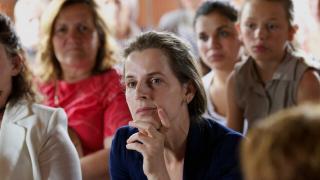
Women INFLUENCE DECISIONS IN THEIR HOMES AND COMMUNITIES
Why it matters: Education on household issues allows women to better influence the decisions that affect their families.
What our graduates report: Women’s involvement in household decision-making more than doubled, with 41% of graduates taking part at baseline compared 87% at endline. The practice of family planning also saw a notable increase from 34% to 51%.

Women Connect to support networks
Why it matters: When a woman joins the programme, she comes together with 24 other women, forming a tight support group that helps to break the isolation caused by war and insecurity.
What our graduates report: Globally the percentage of women who were members in any kind of business or social group at the time of survey, increased from 29% to 50% after one year in our programme.
Read more
The Global Goals
subtitle:
In 2015, world leaders agreed to 17 Global Goals to end poverty, fight inequality and stop climate change. We are concerned that marginalised women survivors of conflict are being failed by the Goals and are continuing to be left behind.
Stories
subtitle:
Read the stories of the incredible women survivors of war that Women for Women International supports.
Our programmes
subtitle:
Participants in our year-long programme work to strengthen themselves across four critical areas of social and economic empowerment.

